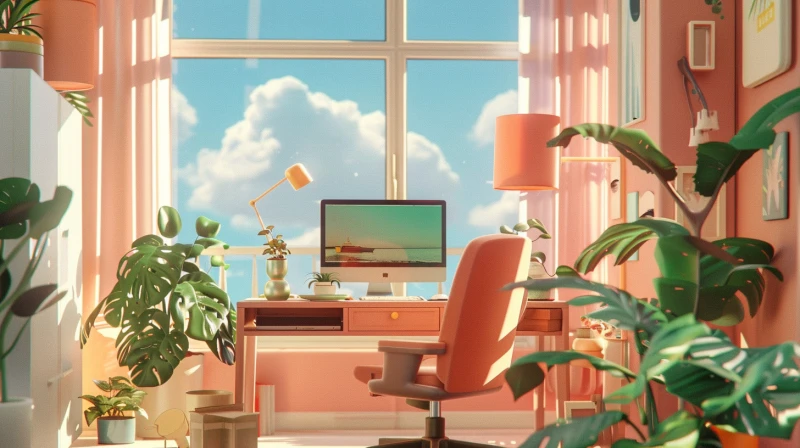What is a qualifying life event for insurance?
List of qualifying life events
Required documentation for qualifying life events
What is a qualifying life event for insurance?
A qualifying life event (QLE) refers to a specific occurrence or change in circumstances that triggers an employee's eligibility for insurance outside the regular open enrollment period, which typically occurs once per year. Qualifying life events, such as marriage, birth/adoption, or loss of other health coverage, allow individuals to enrol in or modify their insurance benefit plans during times of the year when they otherwise would not be allowed to make such changes. Essentially, qualifying events allow individuals the opportunity to make any necessary adjustments to their health insurance coverage when life takes an unexpected turn.
List of qualifying life events
Qualifying life events enable individuals to adjust their health insurance coverage to align with their evolving circumstances. These events acknowledge the dynamic nature of life and provide a safety net for individuals and their families to maintain continuous access to essential healthcare services.
There are various types of qualifying life events that can prompt such adjustments. Some of these include:
Marriage and domestic partnership
Entering into marriage or a domestic partnership is a transformative event that often necessitates reevaluation of insurance coverage. Couples may wish to combine their health plans or switch to a new one that better suits their joint needs. This event initiates a special enrollment period during which a couple can make necessary adjustments.
Birth or adoption of a child
A new family member's arrival is a joyous occasion, but it can also prompt practical considerations, including healthcare coverage. Insurance plans typically allow parents to add their newborn or adopted child to their policy within a specific timeframe without waiting for the annual enrollment period.
Divorce or legal separation
The dissolution of a marriage or a legal separation can have implications for health insurance. Individuals may need to find new coverage options, either through an employer or through individual plans, as they navigate this life-changing event.
Loss of employment
Losing a job often means losing employer-sponsored health insurance. In such cases, individuals qualify for a special enrollment period, which allows them to explore alternative coverage options such as COBRA or marketplace plans. This safeguard provides individuals and their families with continuous access to healthcare despite the change in employment status.
Ageing out of parental coverage
Young adults covered under their parents' insurance plans may age out of this coverage when they turn 26. The birthday is a qualifying life event, prompting them to seek alternative health insurance options. Many turn to employer-sponsored plans, individual market plans, or government programs like Medicaid.
Relocation to a new area
A change in residence can also be a qualifying life event. Moving to a new state or region may mean a shift in available healthcare providers and insurance plans. Individuals undergoing this change are eligible for a special enrollment period to reassess and adjust their coverage accordingly.
Gaining or losing eligibility for other health coverage
Changes in eligibility for other health coverage, such as becoming eligible for Medicare or Medicaid or losing eligibility for some programs, may be considered a qualifying life event.
Significant income changes
Substantial income changes resulting from a pay increase or decrease can impact an individual's eligibility for some insurance plans or subsidies. These changes may qualify individuals for a special enrollment period to modify their coverage based on their new financial circumstances.
Legal status changes
Changes in legal status, such as becoming a U.S. citizen, may define a qualifying life event. This event allows individuals to reassess their health insurance needs and potentially explore new coverage options that align with their updated status.
Loss of coverage due to policy changes
Should an insurer make policy changes that result in loss of coverage for an individual or family, this can be considered a qualifying life event. Accordingly, individuals are not left without insurance due to unforeseen alterations in their existing plans.
Required documentation for qualifying life events
To substantiate a qualifying life event, the insured must provide specific documentation, which varies depending on the nature of the event.
A marriage certificate or other relevant legal documentation is required for marriage or domestic partnership changes.
Birth or adoption events necessitate the child's birth certificate or adoption papers.
In cases of divorce or legal separation, legal documents confirming the event are crucial.
In the case of job loss, individuals need documents like a termination letter or employer communication.
Ageing out of parental coverage requires age verification documentation.
Relocation demands proof of new address, such as utility bills.
Gaining or losing other health coverage mandates documentation from the relevant program.
Income changes require income verification documents.
Legal status changes demand updated documentation, like a new citizenship or naturalisation certificate.
For policy changes leading to coverage loss, documentation from the insurer with the details of the modification is necessary.
Trending terms
Work from home (WFH) stipend
WFH stipends turn everyday spaces into extraordinary workplaces
Surcharge
Old legends, new triumphs
Paycheck
Upgrading the daily grind
EMS
Balancing work and well-being
Surcharge
Simplified structure, full control
Surcharge
Quietly counted compensation
Nepotism
Competence, not cousins
Upward mobility
Scaling heights, sans vertigo


